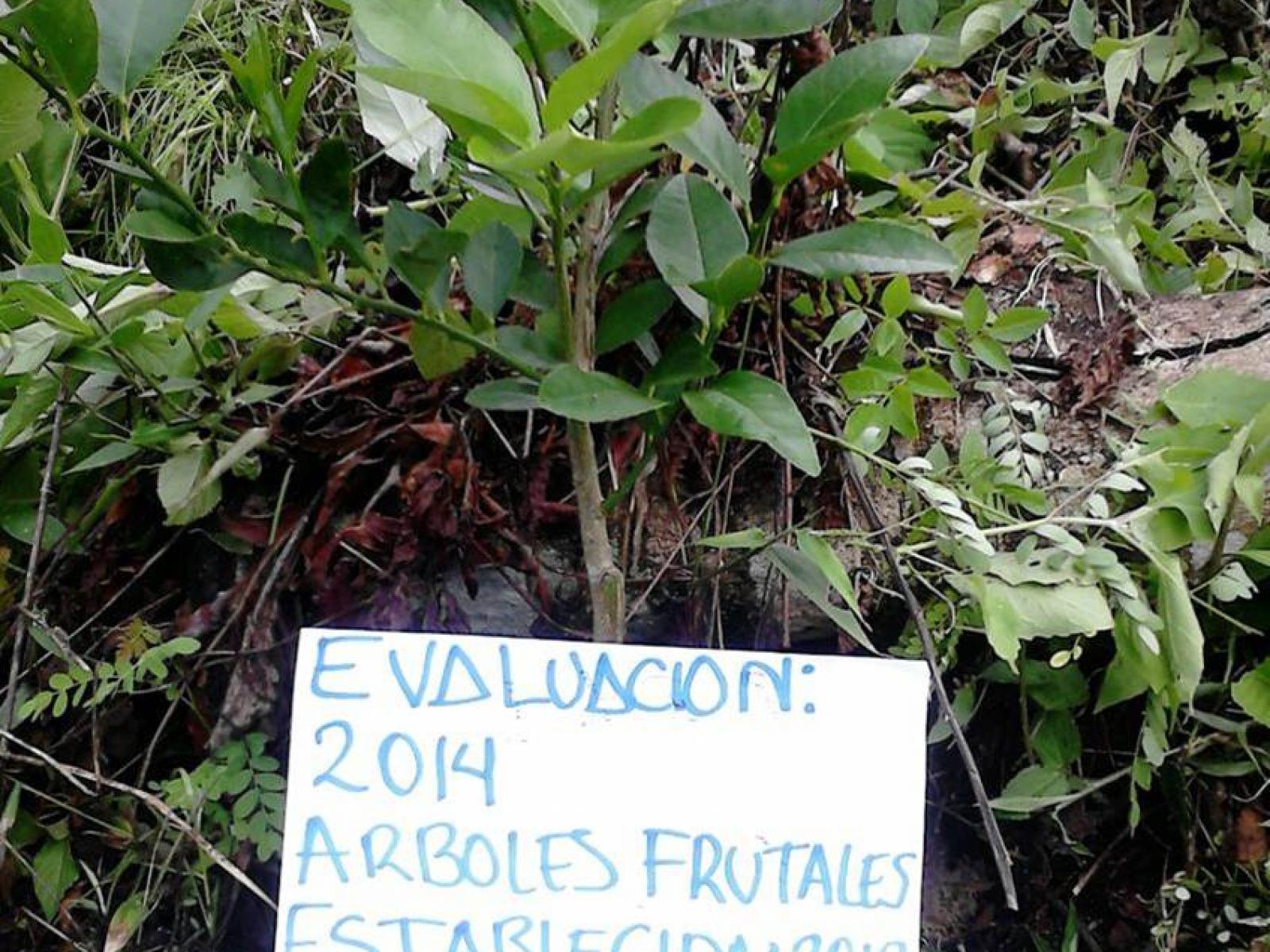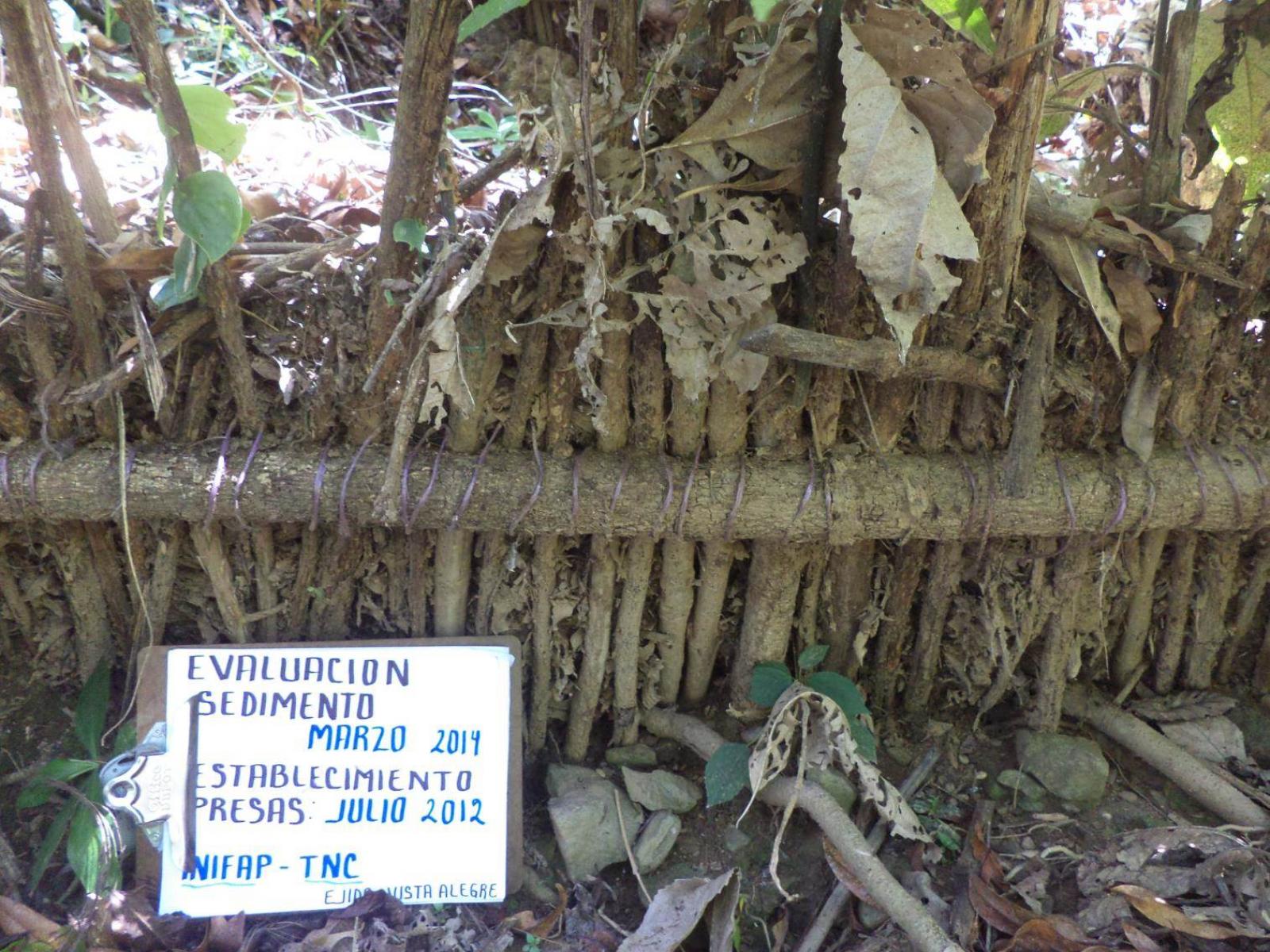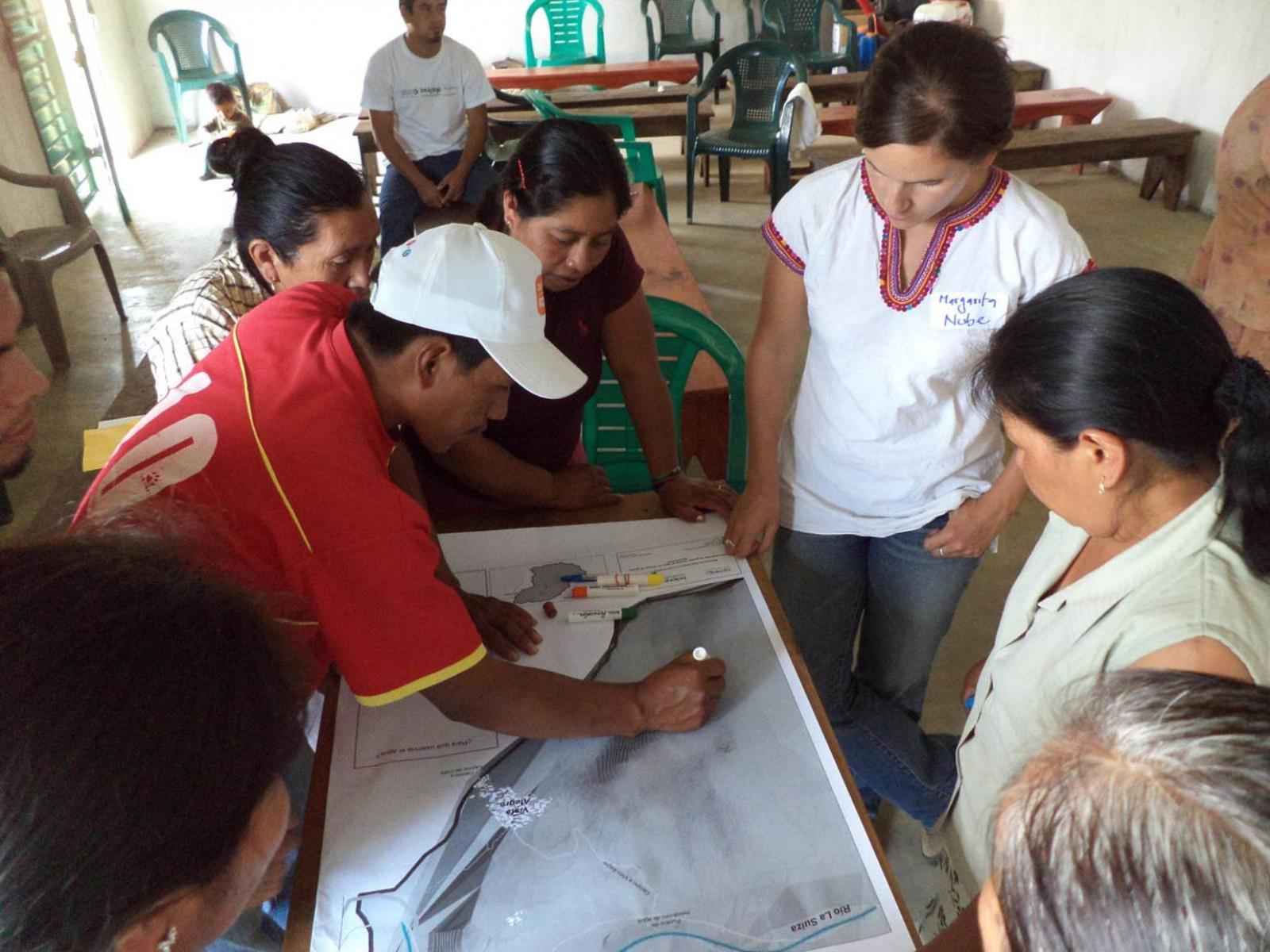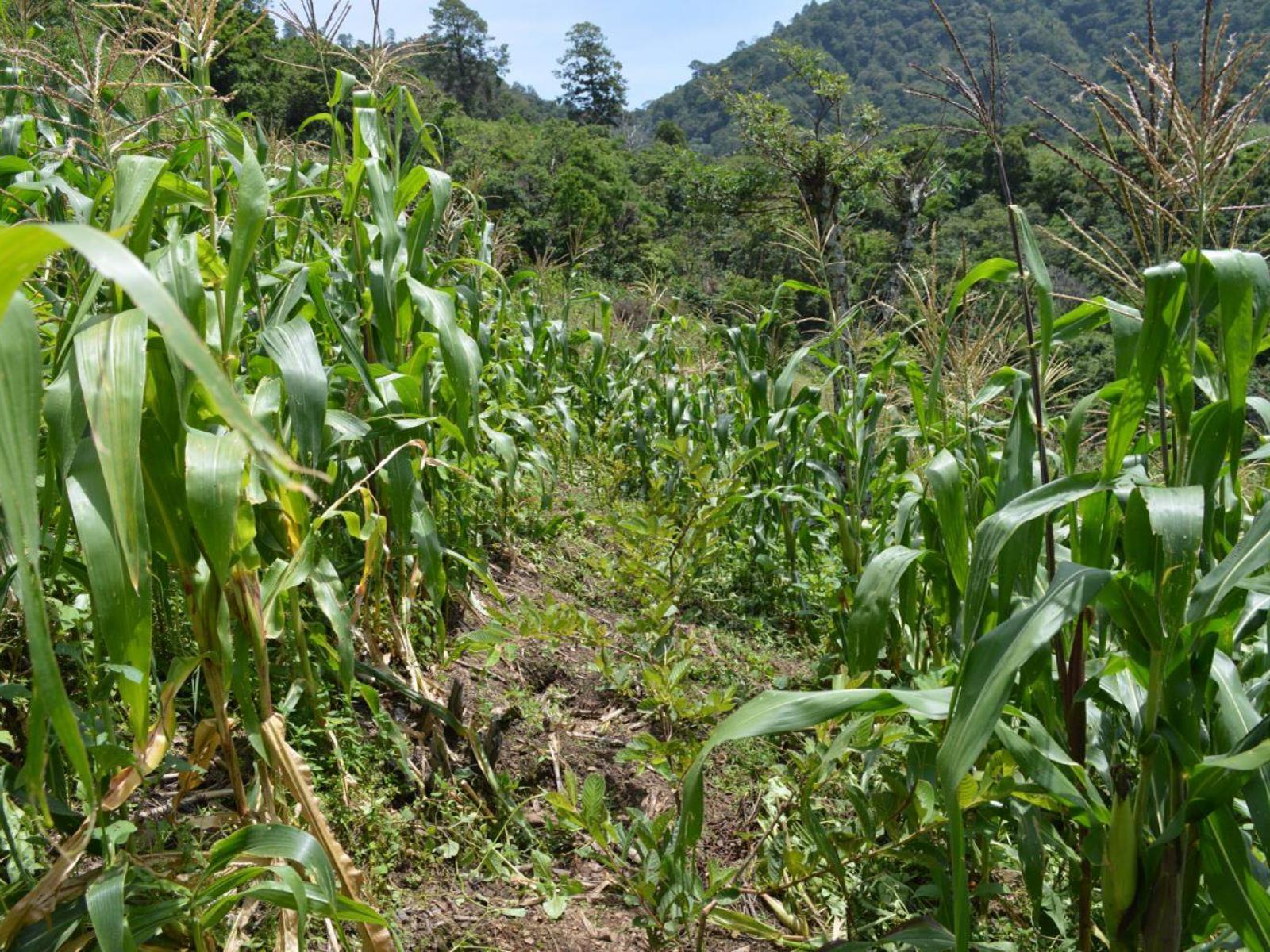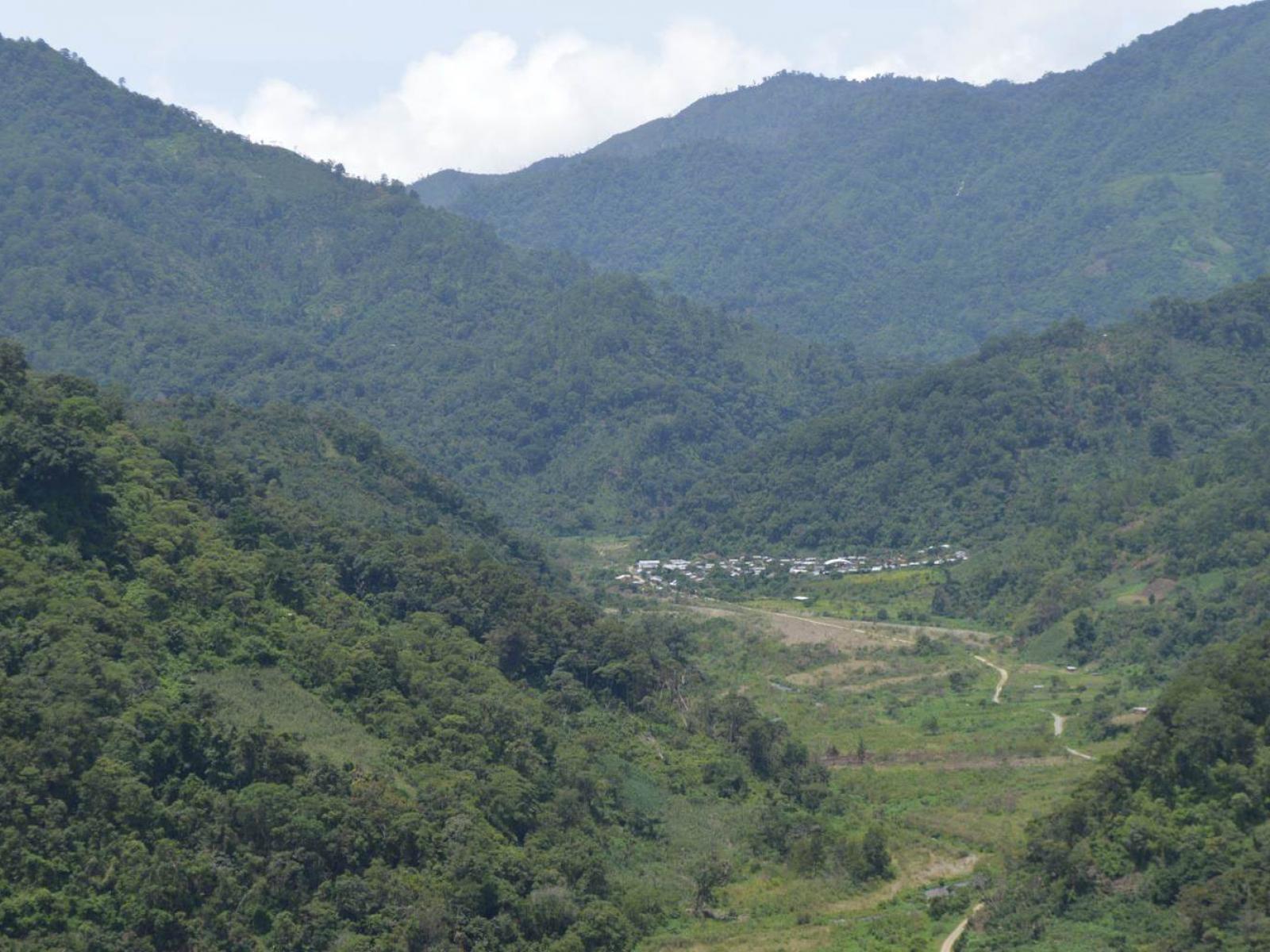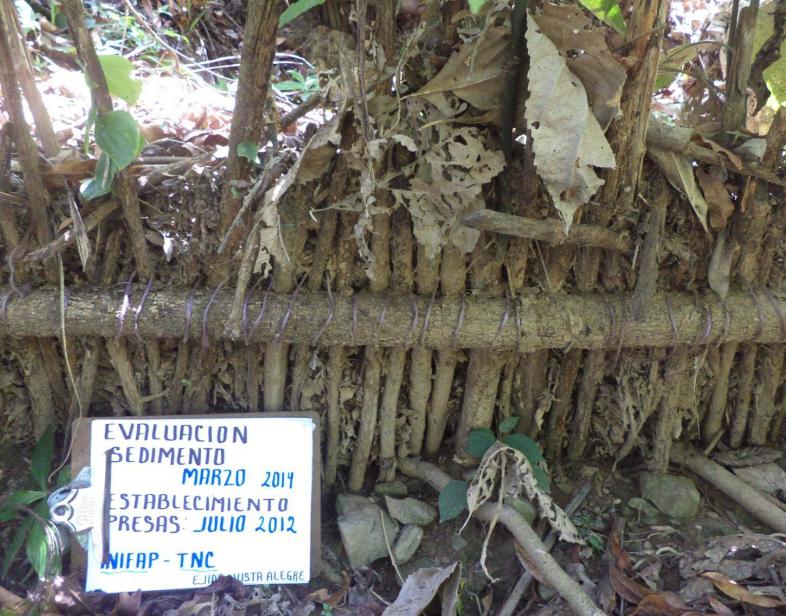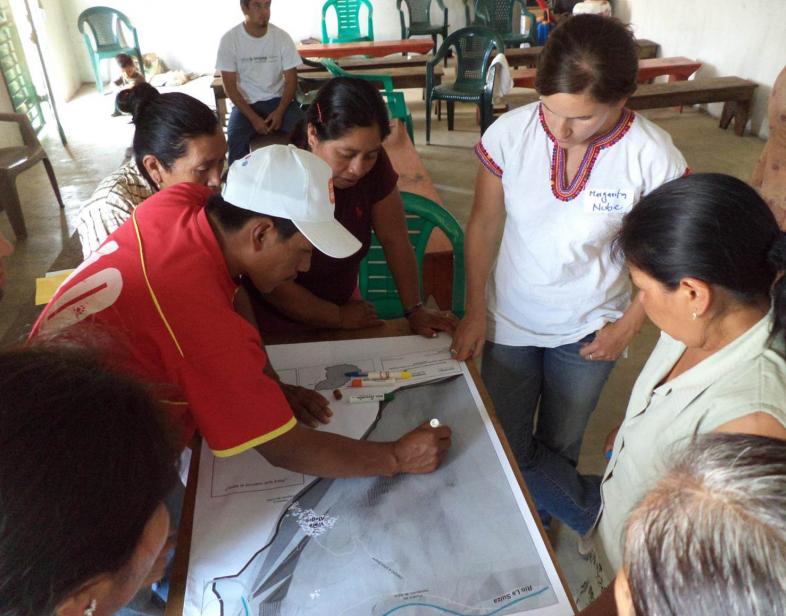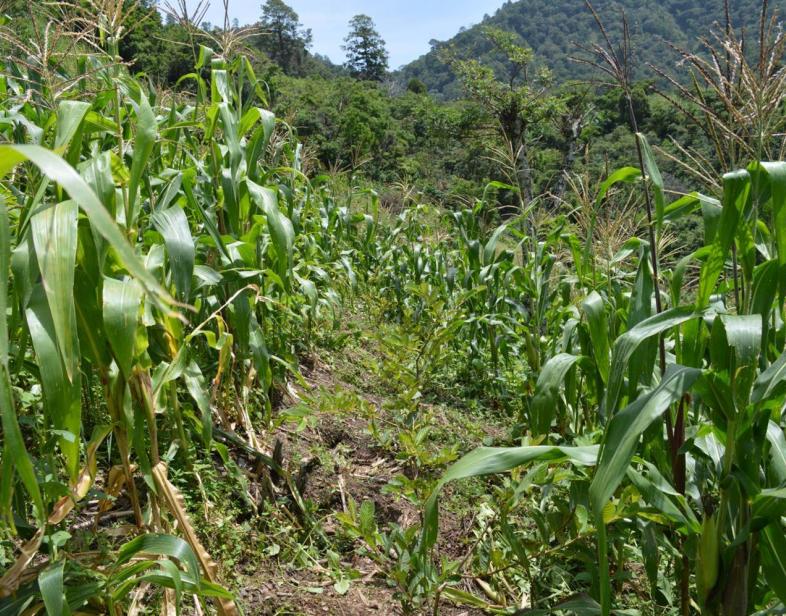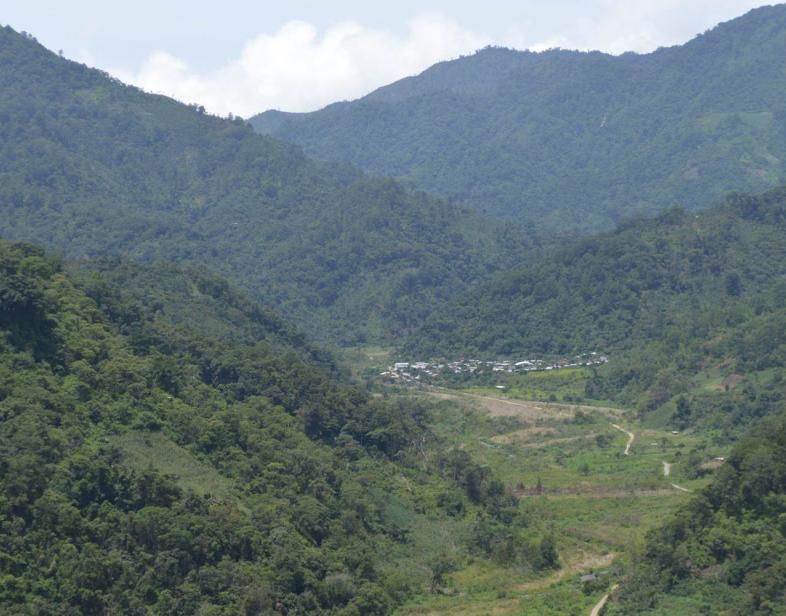An Overview Of Our Solution
PlastikDetox is an initiative established in 2012 that seeks to reward small businesses in Bali, Indonesia, using behaviour intervention schemes to overcome waste issues from a human perspective. This initiative supports small-scale businesses to use less plastics, such as single-use plastic bags and plastic straws, styrofoam packaging and products. Aside of providing incentives for small businesses who are willing to commit for reduction of single-use plastic, PlastikDetox also helps them to find eco-friendly product alternatives. In 2018, PlastikDetox has 20 partners including cafes, restaurants, shops and hotels that have joined to keep Bali clean and green. PlastikDetox also pioneered a zero waste event in a local market, helping to substantially reduce the use of bottled water and oil paper, and reducing segregated waste and plastic straws on request.
- Population Impacted: 6,878
- Continent: Asia
Context Analysis
The aim is to find a behaviour intervention model that can be successfully replicated in other areas in Bali and Indonesia. This is relevant with the 2016 pledge by the Indonesian government, where it announced its plan to ‘replicate Bali’ in 10 other tourist destinations, aiming for 275 million trips by end of 2019 (Link). Without proper environmental management and attention towards Single-Use Plastic, it will have potential for massive environmental damage and pollution.
The model for PlastikDetox started out in Sanur, a small-scale beach-town area in East Bali. It’s known as Bali’s oldest upscale resort area, appealing mostly to middle-aged and older family tourists, especially Europeans. Sanur has many restaurants and accommodation, unfortunately, despite its relative cleanliness, Sanur is not immune to the waves of plastic flooding local rivers, beaches and the sea. Debris smother corals, clog waterways and injure or kill animals who ingest or become trapped by plastic.
Describe the technical solution you wanted the target audience to adopt
Primary target audience for PlastikDetox are owners and staff workers of small-scale businesses around Sanur (called members), while the end target audience is the consumer. PlastikDetox identifies potential members through desktop research, observation and mini-scale survey to gauge their initial interest on the issue. If they see potential, then they will identify current behaviours from both staff and customers, including if there is a Standard Operating Procedure (SOP) in place for plastic straws, plastic bags or styrofoam. If they agree to join PlastikDetox, then they are given a set course of actions that is expected to be followed (e.g. substitute options for the plastic products, improving SOP’s in their stores), suitable to their own context. In return, they are given benefits such as free design services (campaign posters, etc.), free trainings and public exposure. Since 2017, PlastikDetox has also tried the same approach at Sunday Market, a monthly bazaar event in Sanur.
Type of intervention
Describe your behavioral intervention
Plastik Detox tries to change the behaviour of business owners (to run their business with better environmental management), staff (in doing the day-to-day service) and customers (by given the options to adopt sustainable behaviour). However, PlastikDetox found out that the most important touchpoint to impact the number of Single-Use plastic usage are the staffs, who are in regular contact with the customers. That is why, once the owner agrees to join the initiative, it is crucial that the staff are also aware of the campaign. This is why, as part of the behavioural intervention, PlastikDetox also conducts staff training on a quarterly basis, aiming to raise awareness of staff who work for the business, so that they can implement prevention of waste in their own business context. The last workshop in July 2018 attracted about 26 people, which was a 35% increase from the previous workshop.
As needed, please explain the type of intervention in more detail
There are two kind of incentives that we utilize; first is social incentives by providing business with a member accreditation sticker to be placed in their store. Second is tangible incentives which are free training to business staff on waste reduction and customer management, also free design (e.g. flyers) to educate their staff or guests about PlastikDetox.
Describe your implementation
Since 2013, PlastikDetox has deployed several approaches to reduce single-use plastic usage within the circle of small businesses.
1. For recruitment, PlastikDetox seeks out business owners who are willing to conform their operations to our standard – a set of guidelines that outline our expectations in terms of the reduced use of plastics. Once business owners agree to this, the collaboration can formally begin and the business is eligible for training, applying the accreditation stickers in their premises.
2. Scaling up the number of participating businesses has proved challenging in that we quickly saturated the number of motivated, eco-minded businesses, leaving us with a ‘long tail’ of small business owners who are less concerned by their environmental impact. This means that the rate of members increase has levelled off of late, calling for a different approach. Working through a monthly local bazar in Sanur has allowed us to reach out to many food vendors in one venue, creating economies of scale in terms of outreach efforts. In this collaboration, PlastikDetox apply Zero Waste concept when people were asked to minimize their waste specifically on the Food and Beverages area, and separate their waste in a correct manner. As we also engaged food and beverages sellers to reduce single-use plastic for wrapping of their products, we put posters around the venue to remind end consumers of their waste. We acknowledge that the consumers in this event are relatively affluent and educated.
The key factors that are important in our program are our business-minded approach and strong partnership with various stakeholders and other organizations.
However, we found some partners did not comply the regulations as per initial agreement. In this case, we hold the membership as well as the incentives. Other than that, we also experienced hard times in changing sellers’ behavior in Sunday Market to change their wrapping material to banana leaves.
External connections
Since 2013, PlastikDetox has successfully recruited 35 partners around Sanur, who have changed throughout time, because of inconsistent implementation of the initiative. In 2018, the number of committed businesses is 20 partners, who are spread around Sanur, Kerobokan and Jatiluwih. PlastikDetox engaged 3 kind of partners.
Small businesses:
1. Satvika Bhoga (organic shop)
2. Peek A Boo (cafe)
3. Cafe Smorgas (cafe)
4. Bali Buda (cafe)
5. Tandjung Sari (cafe)
6. Warung Santai (restaurant)
7. Warung Kecil (restaurant)
8. Soul in A Bowl (restaurant)
9. Rumah Sanur (cafe)
10. Kopi Toko (coffeeshop)
11. Warung Dapur Deli (restaurant)
12. Ginger Java (cafe)
13. Khatina’s (cafe)
14. Green Bikes (bike rent + cafe)
15. Secret Moksha (restaurant)
16. Genius Cafe (cafe)
17. Mom (organic shop)
18. Little Talks (restaurant)
19. Edmong’s Kitchen (food catering)
20. Green Window (cafe)
Other trash communities :
1. Niskala (recycling ceremony waste)
2. Trash Hero (weekly beach clean up)
3. Eco Bali Recycling (waste bank)
4. Youth local communities (sekeha teruna teruni and karang taruna desa)
5. Simalu.id (waste bank apps)
6. DuaKala (recycling high plastic quality)
7. Marine Faculty of Udayana University
8. Bali Sustainability Hub (searching for funding)
9. Environment body of Bali Province (policy)
Zero Waste event related:
1. Sanur Sunday Market - Mercure Resort
2. Yayasan Pembangunan Sanur
Who adopted the desired behaviors and to what degree?
The stakeholders who adopted desired behaviors are the food vendors in Sunday Market monthly events. After 14 months of implementation, it was found that food vendors segregate their waste by 70%, use 90% plastic straws on request, use 100% no plastic bottled mineral water, and 100% no sale of food using oil paper.
How did you impact natural resource use and greenhouse gas emissions?
Plastic impacts climate change in many ways, relevant to habitat destruction, fossil fuel emissions, to plastic pollution. An estimated 12 million barrels of oil are used to manufacture 30 million plastic bags used every year, not yet included other plastic-based products, contributing to the depletion of oil supply and CO2 that goes up into the atmosphere.
What were some of the resulting co-benefits?
1. The substitution of plastic bags at member premises with bags made from discarded newspapers by local people, creating new income streams for people with limited education and revenues
2. The substitution of single-use plastic straws and bags with biodegradable alternatives produced by a local Indonesian startup trying to tap into this promising new market
3. Over the course of recent interactions with local traditional structures that overlay the local government role, we have exposed them to new approaches to reducing plastic pollution. Progress is slow, but at time of writing it appears that we have earned their trust, which creates a foundation for dialogue to explore practical steps at the local level to reduce plastic use.
Sustainability
At the moment, PlastikDetox is fully funded by Catalyze, a sustainability communications agency in Bali, with a focus to inspire and influence for the greener good. The plan is to continue fund the initiative (or find grant fundings) until it has developed a concrete model, which can sustain itself enough so that it can finance itself through market-based revenue. This could be, for example, through membership fees from PlastikDetox members, once they have realized the benefit of joining the scheme.
Return on investment
At the moment, PlastikDetox operational cost per month is around US$ 350 exclude staff’s salary. There is currently one staff that works for the campaign, supported by a number of volunteers. There is currently no ROI in place since the initiative is dependant on Catalyze.
How could we successfully replicate this solution elsewhere?
Specifically, PlastikDetox will need to:
1. Improve model through better incentive system that targets right audience and behaviour
2. Implement strategic marketing and communication of the initiative to a wider audience
3. Influence policy makers through social media, media relation and audience hearing
The plan in the next 2 years is to engage more partners, including replicating the intervention model in Sanur to other popular tourism spots around Bali, such as Kuta, Seminyak, Ubud and Canggu. Once there are is a viable model and enough successful case studies, Plastik Detox will influence policy makers to try and adopt the model to be replicated in 10 Government tourist destination focus (“new Bali’s”) around Indonesia. For this, PlastikDetox will need more manpower, additional operational funding and support from influential partners (waste experts, government officials, public figures) who can help engage more partners, train more people, and spread the message around.
